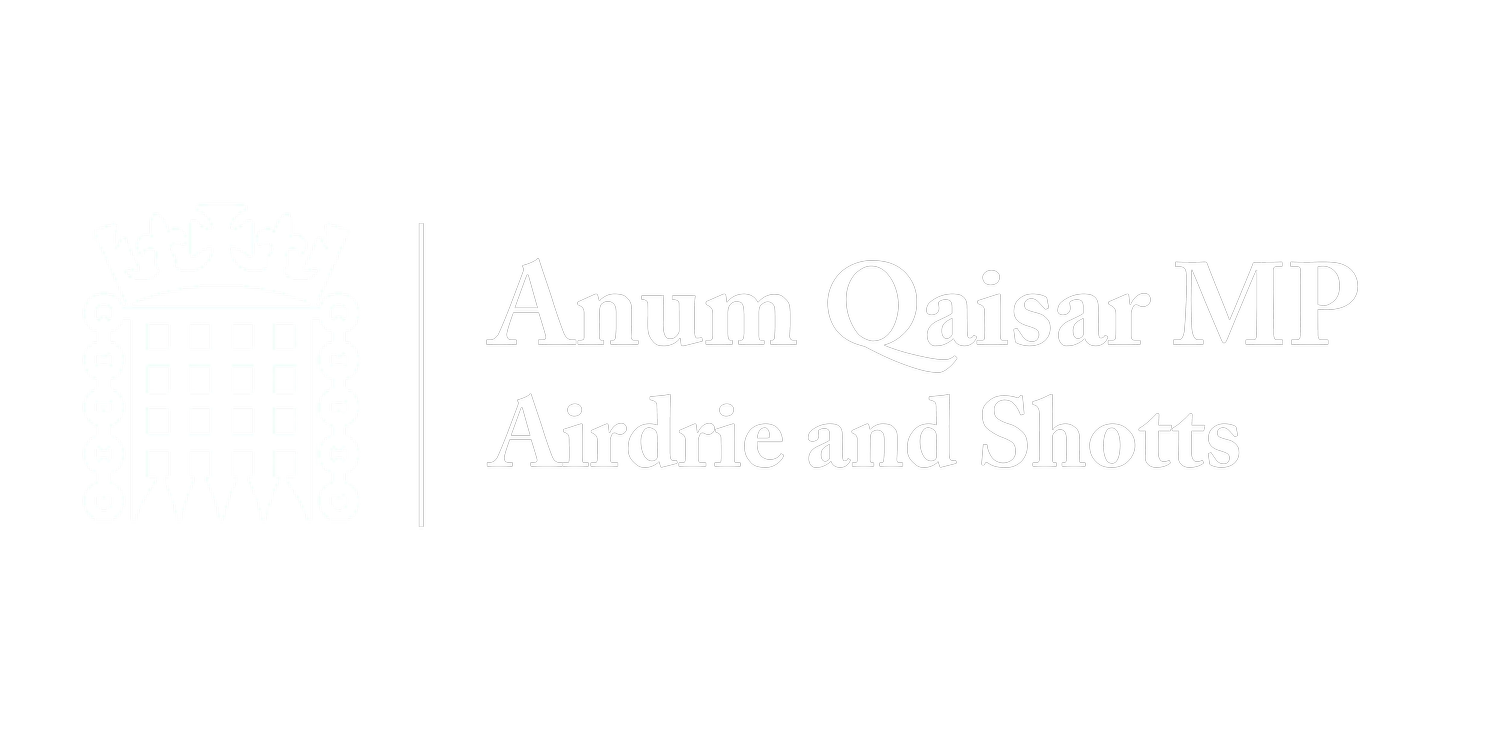Early Years Practitioners Deserve Better
It’s been two years since I was elected to represent the people of Airdrie and Shotts as their Member of Parliament, having previously worked as a secondary school teacher of Modern Studies and Politics.
I often find myself reflecting upon my previous profession. Not least because I usually remark that my former pupils were better behaved than some of the MPs in the House of Commons chamber.
However recently I was reminded of my former career when I was raising, in Westminster, the ongoing struggle of North Lanarkshire’s Grade 9 Early Years Practitioners. They are facing insecurity over their future, caused by Labour-run North Lanarkshire Council’s decision to cut Early Years Funding.
Early years education is the cornerstone of any cradle to the grave social security system. It is usually Early Year Practitioners that young people first encounter on their educational journey. It is these practitioners who help ensure that Scotland’s future generations get a head start in life - and help bridge the attainment gap.
And long before pupils set foot in my secondary school classroom, it was Early Years Practitioners who fostered an atmosphere where children began developing learning and social skills that served them not only within educational settings, but also in wider society.
The importance of Early Years Practitioners is crystal clear to me.
That is why I am proud to be a member of a party that has a strong track record in Government of putting early years at the centre of education policy. It was apparent back in 2009, within the Early Years Framework publication - and it remains apparent to this day - with the transformative expansion of childcare for those aged three and four, as well as for two-year olds from low-income backgrounds.
This principle was echoed at last year’s SNP conference which saw party members vote in favour of introducing a play-based kindergarten phase for children – something that would see the formal school starting age increase to six.
Scotland is emulating the success of the Nordic model. The approaches taken by our neighbours are often credited for their combination of high quality care and emphasis on the educational value of the experience. The Nordic nations have also demonstrated that bold and ambitious approaches to early years education can have a wider influence on social inequalities.
I recently met some of my constituents impacted by the council’s decision. Early Years Practitioners, who are predominantly women, told me that they feel undervalued when compared with the recognition received by others in the teaching profession. The possibility of a pay cut up to 30% resulted in one constituent becoming visibly upset whilst she explained to me that she’d no longer be able to afford her mortgage payments - and was now clearing her house in order to downsize.
Not many could blame them for feeling such given the unacceptable employment practices that are being imposed, upon Early Years Practitioners, by Labour-run North Lanarkshire Council. These employment practices bear striking resemblance to ‘fire and rehire’ procedures - a practice that the Labour Party should be standing against.
We owe it to the young people of Scotland to ensure that they are equipped with the all the necessary skills to have the best possible start in life.
It is, however, paramount that we all recognise the vital role of Early Years Practitioners working at the very heart of achieving this mission.
In treating experienced Early Years Practitioners as disposable parts within the education delivery process, I worry that Labour-run North Lanarkshire Council will realise their value when it is too late.
This article was originally published in The National

